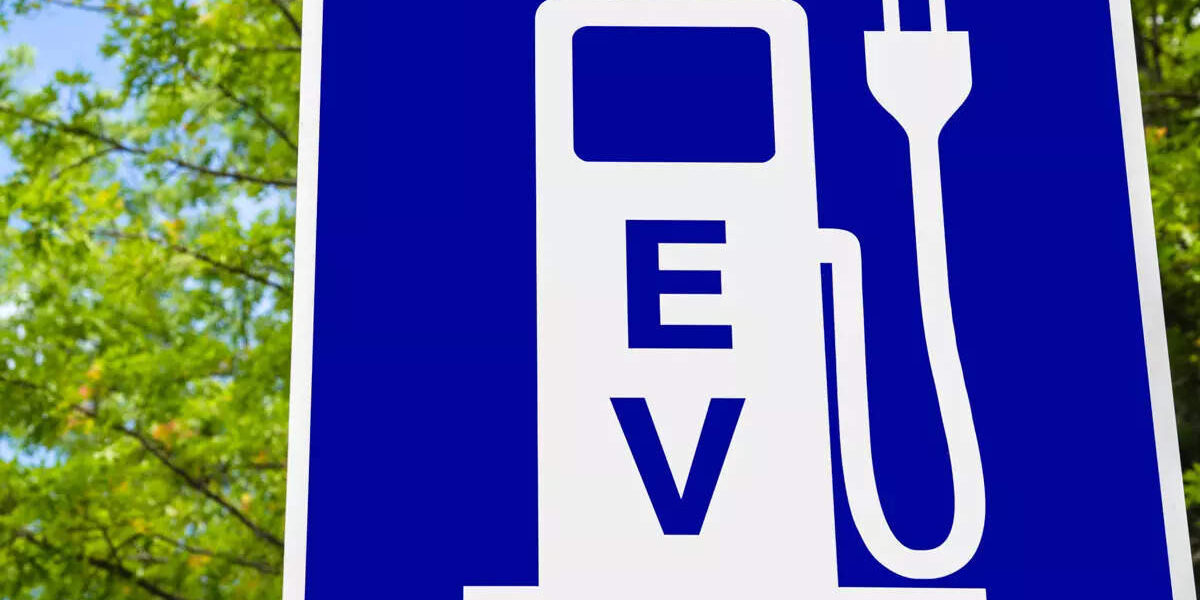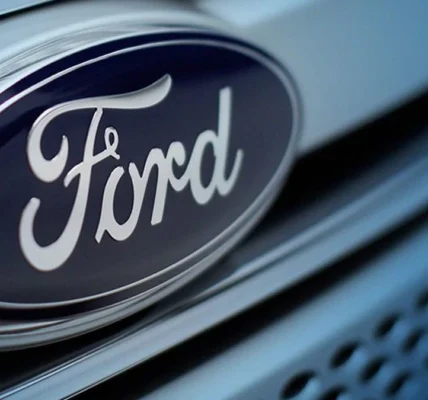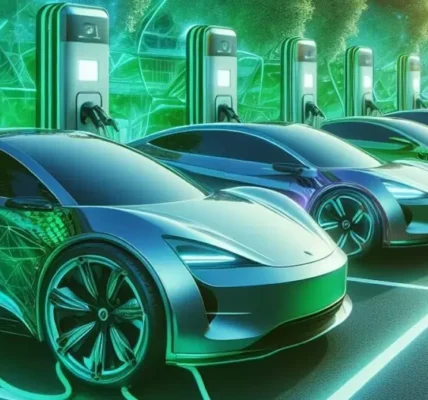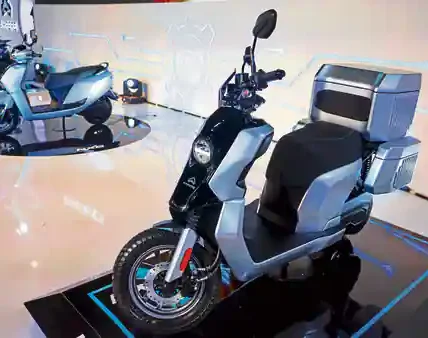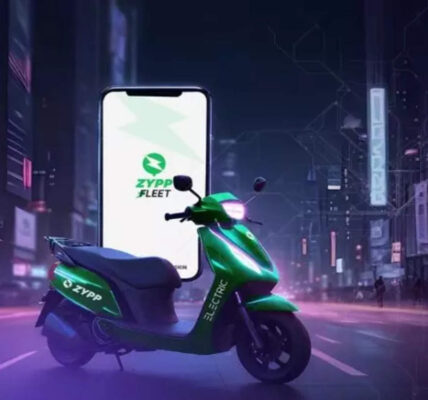In a boost for the electric vehicle industry, Finance Minister Nirmala Sitharaman on Tuesday, February 1, announced that the government will bring a battery swapping policy in view of space constraints for setting up charging stations. “Considering the constraint space in urban areas for setting up (electric vehicles) charging stations, a battery swapping policy will be brought out and interoperability standards will be formulated,” FM Sitharaman said in her budget speech in the Lok Sabha. The policy will facilitate faster rollout of battery swapping centres where EV owners would be able to refuel their EV by replacing exhausted batteries with charged ones.
This will also save time taken in charging the embedded batteries in EVs. At present, a few such options are available in the country and EV owners have to spend hours charging their vehicles at charging stations especially in cities, she said. Moreover, there are space constraints for setting up new charging stations in urban areas also, she added.
She stated that the private sector will be encouraged to set up sustainable business models for battery or energy service and this will improve efficiency in the EV (electric vehicle) ecosystem.
“We will promote a shift to use public transport in urban areas. This will be complemented by clean tech and governance solutions, special mobility zones with zero fossil fuel policy, and EV vehicles,” she stated.
Players in the sector reacted positively to the announcement. Vivekananda Hallekere, CEO and Co-Founder, Bounce, said, “We welcome Honourable Finance Minister’s progressive vision to facilitate faster adoption of electric vehicles in the country. With the Budget 2022 -2023 announcement on bringing out a robust battery swapping policy, this is a vindication of the path that we have pioneered for Bounce. Government and policymakers have recognized battery swapping as the most effective solution to accelerate EV adoption in India by addressing range anxiety and hesitancy in adoption as well as considering the pragmatic aspects of setting up charging infrastructure – for instance, space constraints in urban areas for dedicated charging stations. We believe this move can enable affordable and clean mobility at scale.
Similarly, Rajiv. K Vij, Founder of Plug Mobility, said, “There are some good announcements in the budget to promote EV’s through promoting charging infra and standardizing the battery norms for swapping and interoperability.”
Earlier in January, the Society of Manufacturers of Electric Vehicles (SMEV) had requested the Union government to provide some incentives — in the form of subsidies — on exports of affordable small cars and scooters from India. This budget announcement also comes after recently many states wooed leading electric car maker Tesla to invest in their state.
Further, there were demands that EVs be identified as a priority lending sector which enabled citizens to afford EVs at lower interest rates. Rajiv said, “However the budget has missed a major challenge in EV adoption-Availability of Financing for fleets and Credit Guarantees by Government is desperately required by fleet owners who have suffered hugely during the pandemic. The commercial car industry is ready to transition to EV but without the availability of easy finance at low cost, this will be delayed further.”


